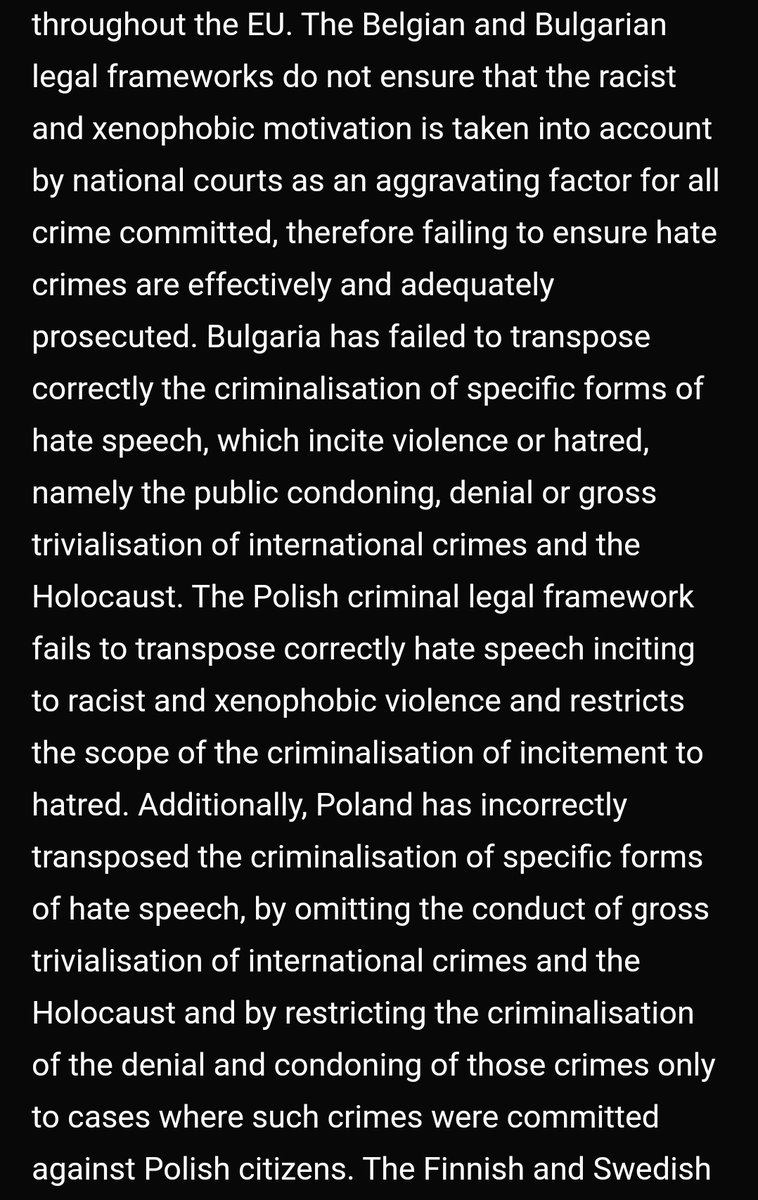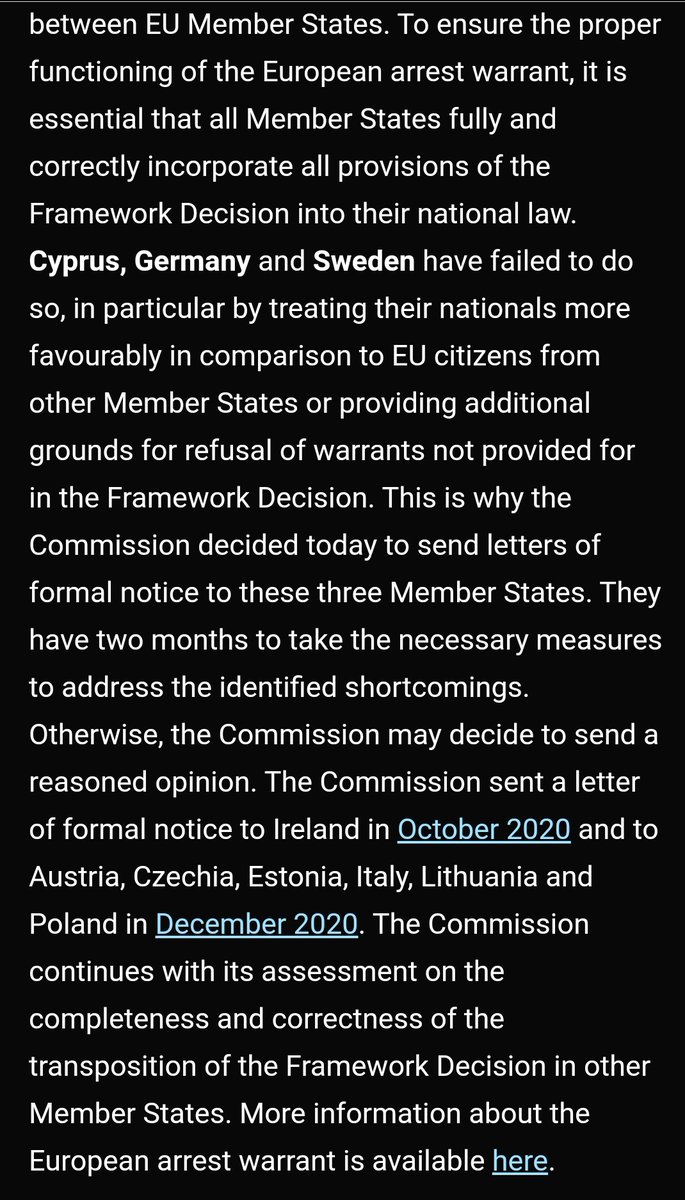
Claudia Webbe is not currently a Labour MP, as @TanjaBueltmann correctly pointed out. Yet rather than correct his error, Mr Neil goes for mindless ad hominem.
https://twitter.com/afneil/status/1376161227076997121
The thing about Andrew Neil's tweet is not just its inaccuracy - or his subsequent doubling down and ad hominem.
It's that it's simply just basic mediocre partisan journalism.
It's that it's simply just basic mediocre partisan journalism.
A little bit of journalistic activity would have shown that the Labour shadow home secretary has done a 'both sides' tweet, while MPs broadly on the Labour left have been more critical of the police - although their tone is quite different from Claudia Webbe's.
That might be worthy of an analysis in itself. But instead Mr Neil goes for the cheap inaccuracy of implying that a comment by someone who is no longer a Labour MP is typical of Labour.
We'd expect this from a pub bore partisan - and indeed at least one Tory MP tweeted out a basically identical comment, even including Neil's mistake.
But Neil is *not* a Tory MP: he purports to be non-partisan, and gets angry when people suggest he is not.
But Neil is *not* a Tory MP: he purports to be non-partisan, and gets angry when people suggest he is not.
• • •
Missing some Tweet in this thread? You can try to
force a refresh








